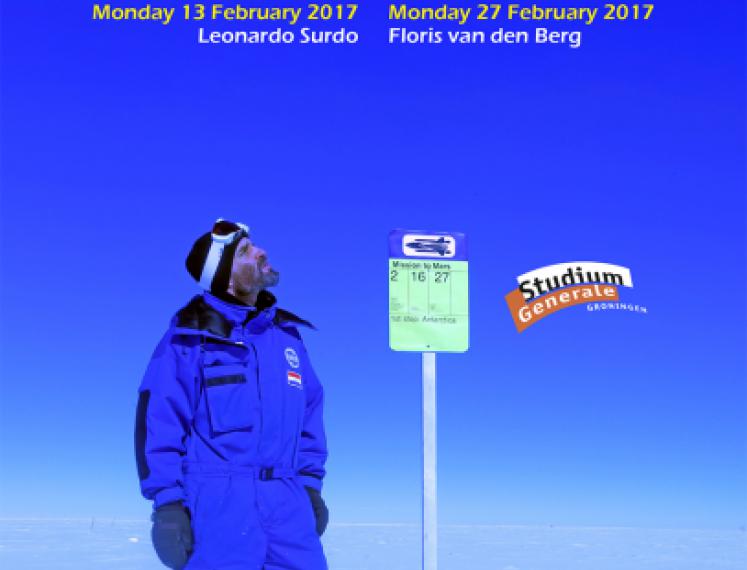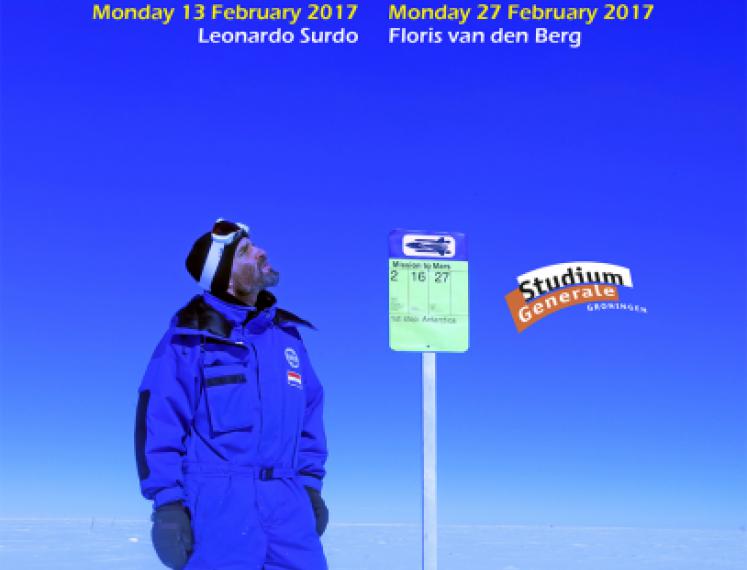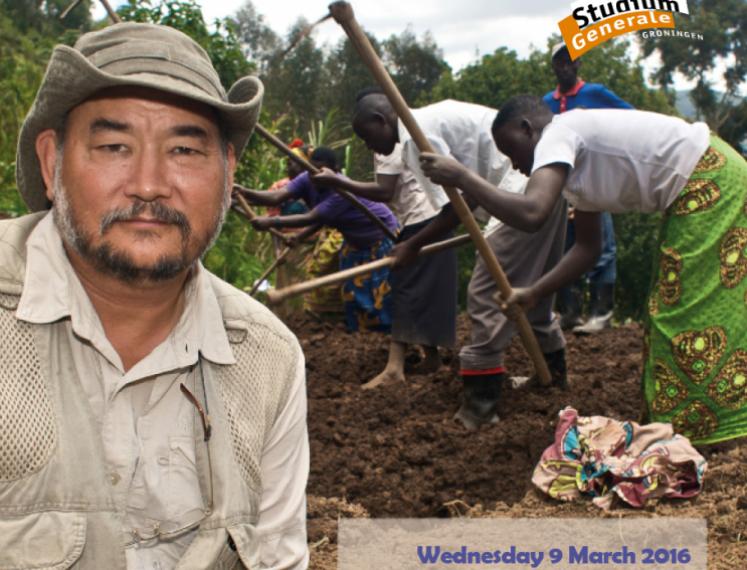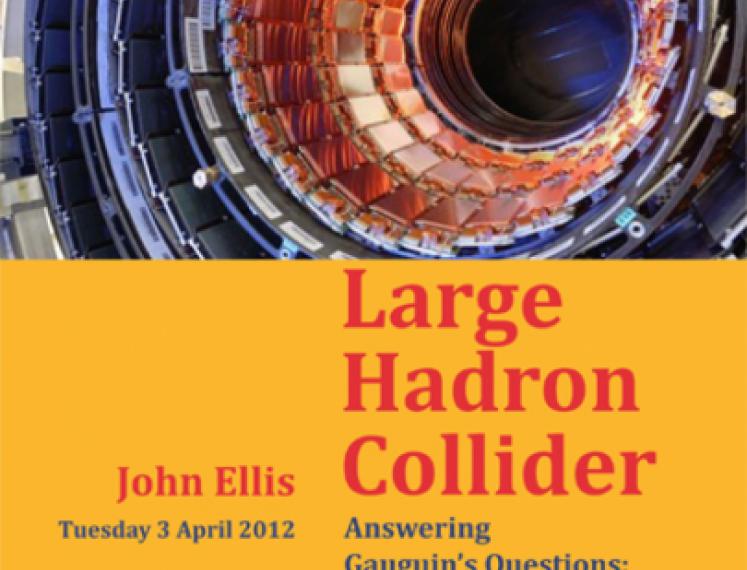Academiegebouw
Broerstraat 5
Groningen
Nederland
First Stop: Antarctica
When humans eventually travel to the Red Planet, the voyage will be long and difficult. How can we prepare people for this journey?
At the most extreme and isolated place on earth the European Space Agency (ESA) is looking at the effect on the immune system, bone and muscle density, sleep patterns and social interaction as a preparation for long-term space missions to Mars and beyond. The Concordia Station on Antarctica is used to conduct research on the psychological and physical effects of long-term isolation, hypoxia (lack of oxygen) and darkness during the polar night. From November 2015 until December 2016, Floris van den Berg, a Dutch Family Physician and Expedition Doctor, worked as a Research MD at Concordia Station. 13 months on ‘White Mars’, 9 months of isolation with a 12 person overwinter group, temperatures as low as -80°C and no sun during the Polar Night of 100 days.
Floris van den Berg studied medicine in Nijmegen and specialized in Family Medicine at the Radboud University Nijmegen. Besides his regular job as a general practitioner in Holland he worked on 5 continents as expedition doctor in Arctic, Antarctic, jungle and mountain settings. As Advanced Wilderness Life Support (AWLS) Instructor he teaches doctors how to practice medicine in remote settings.




